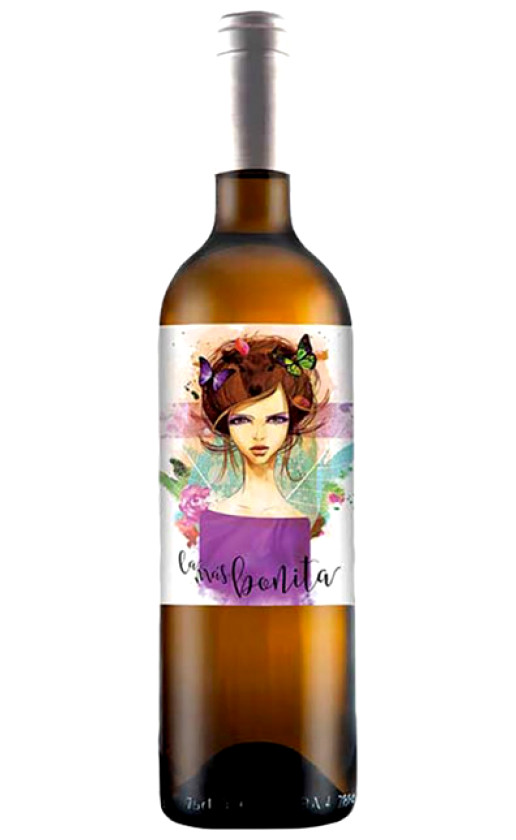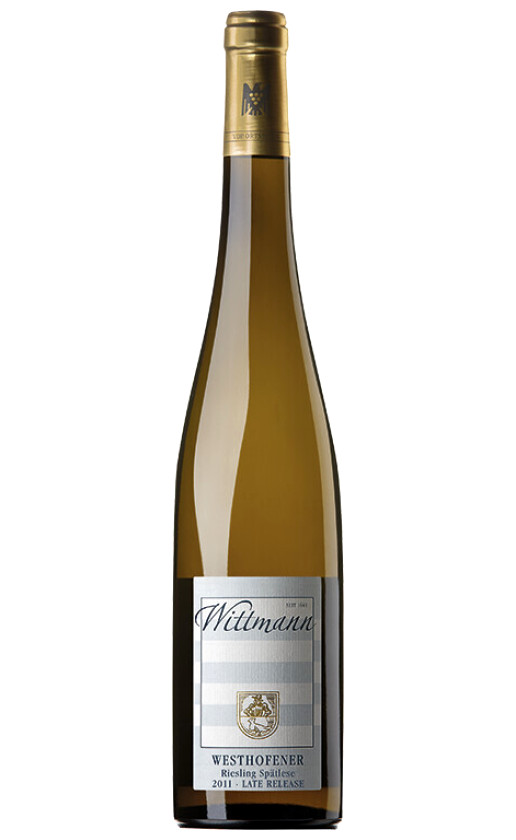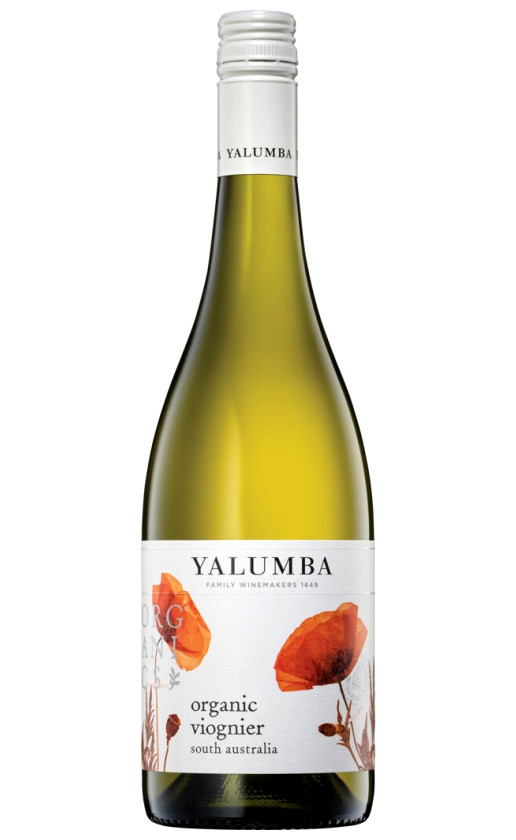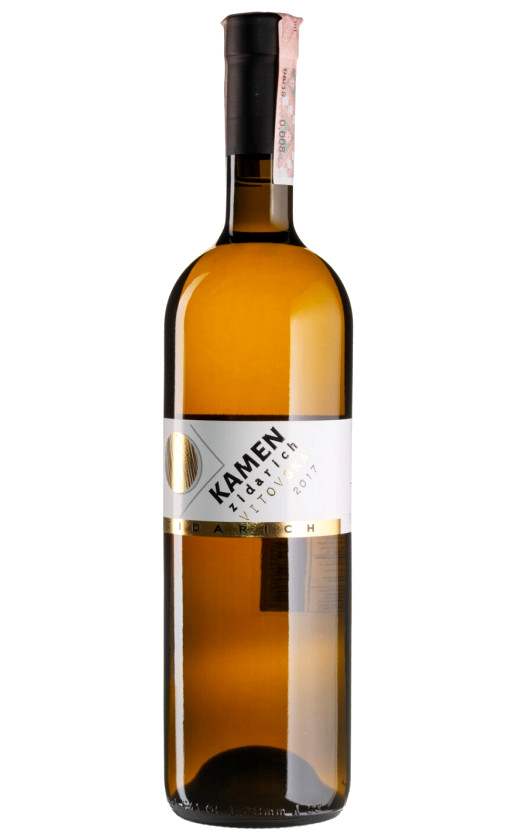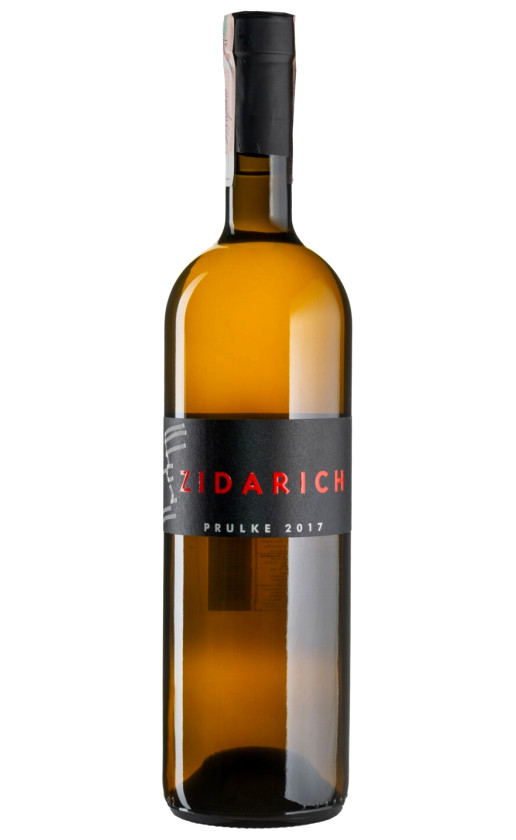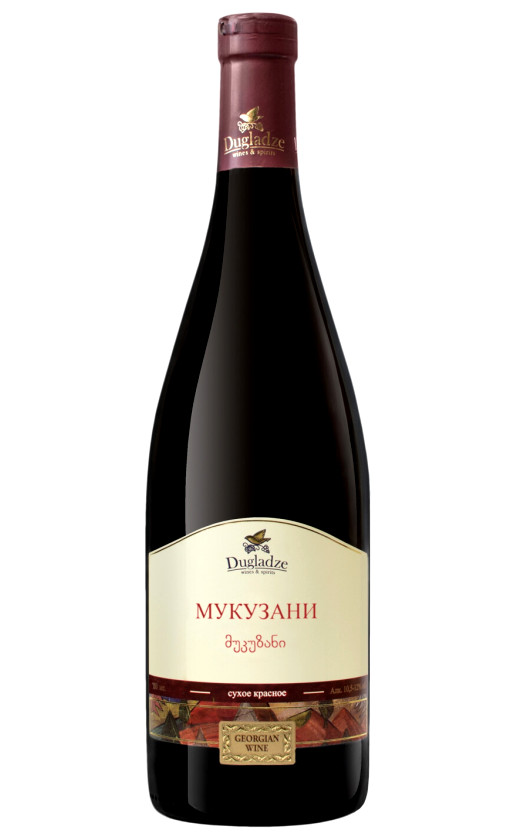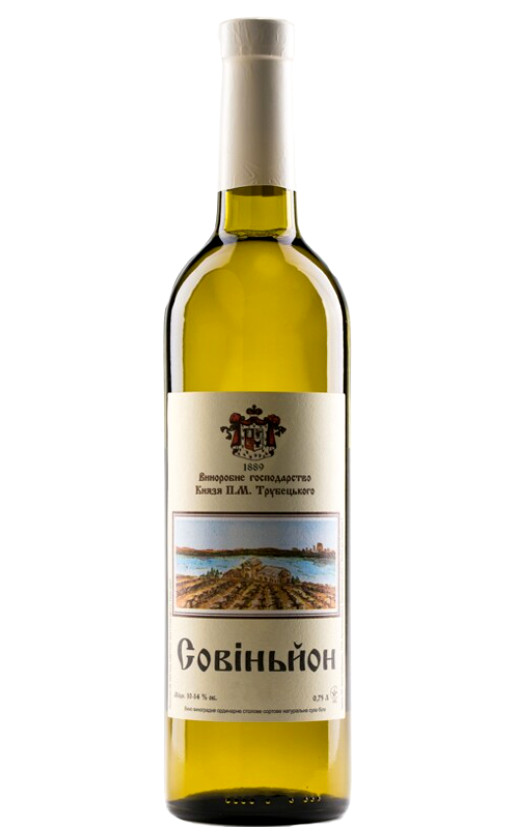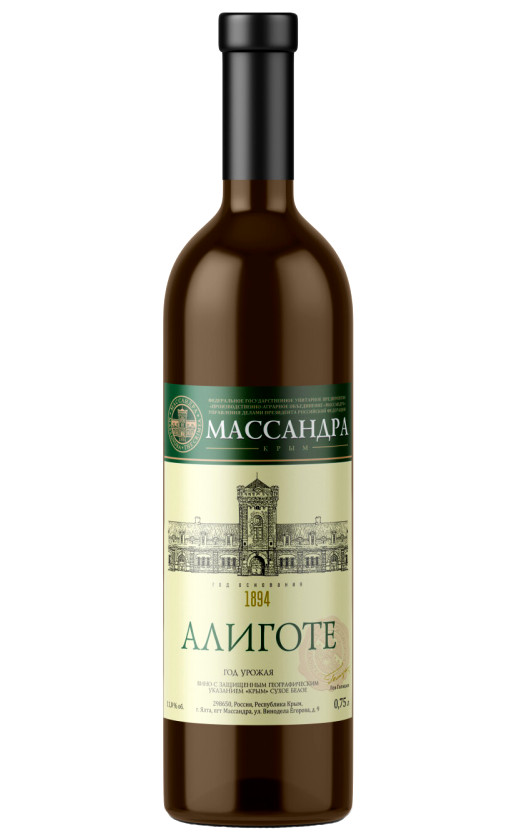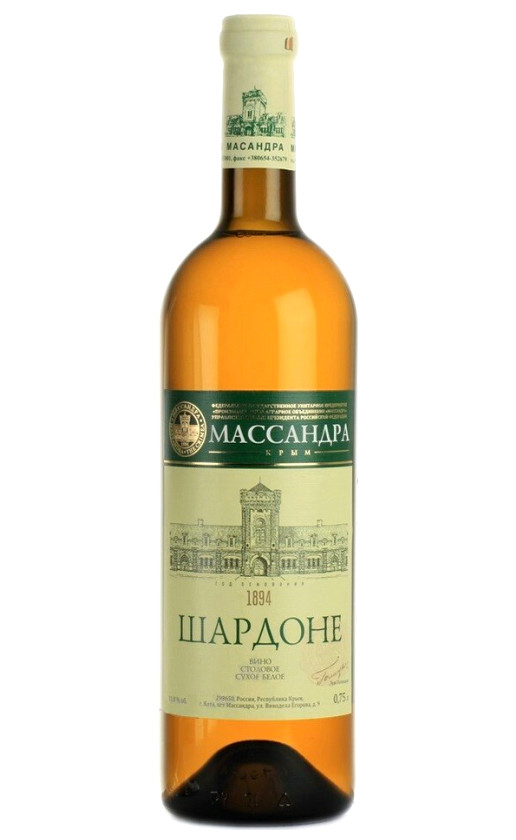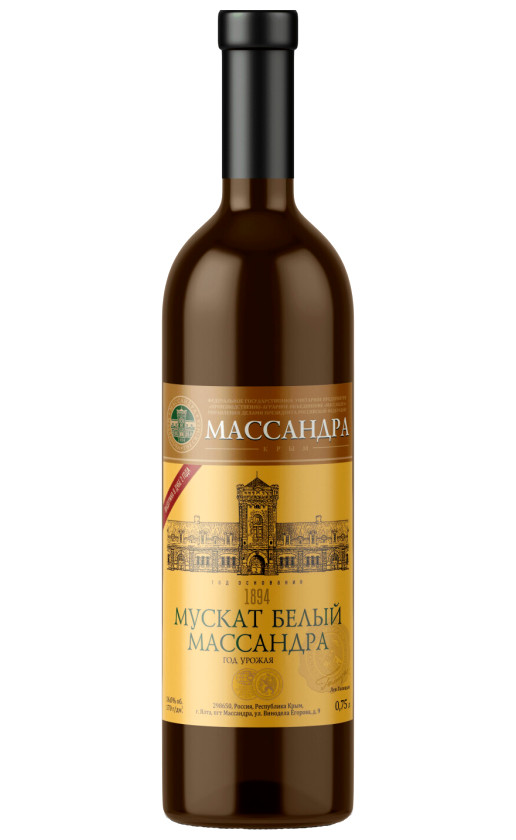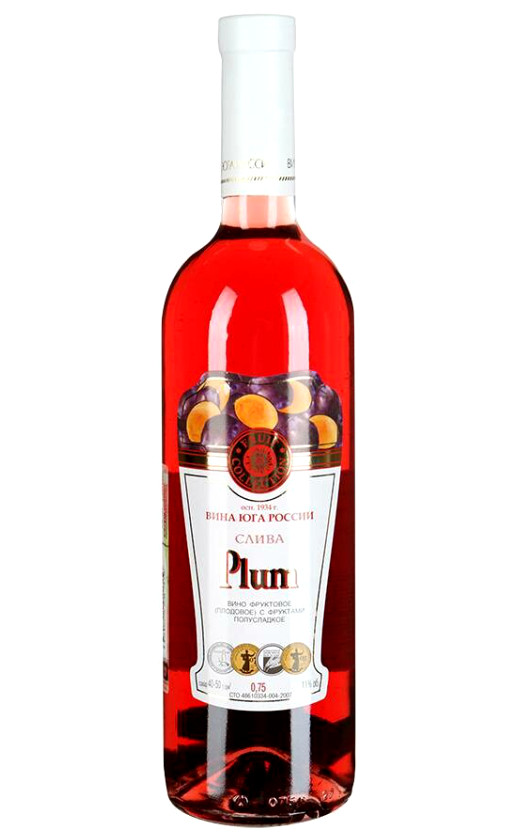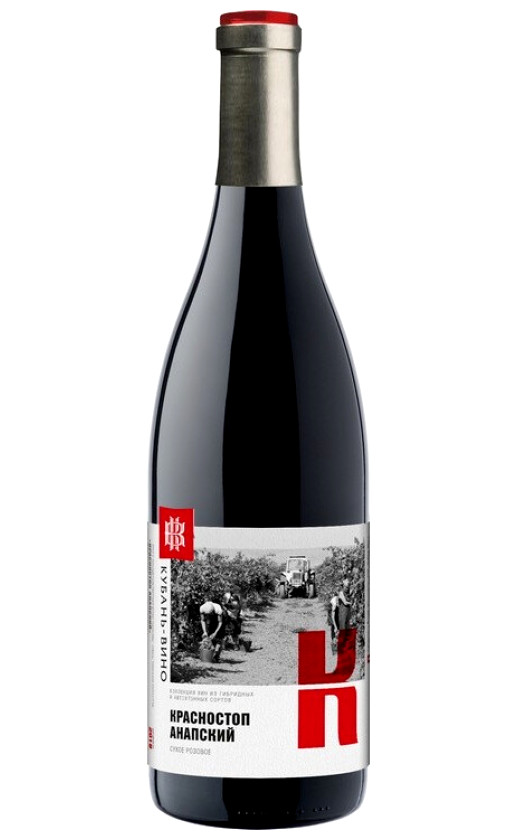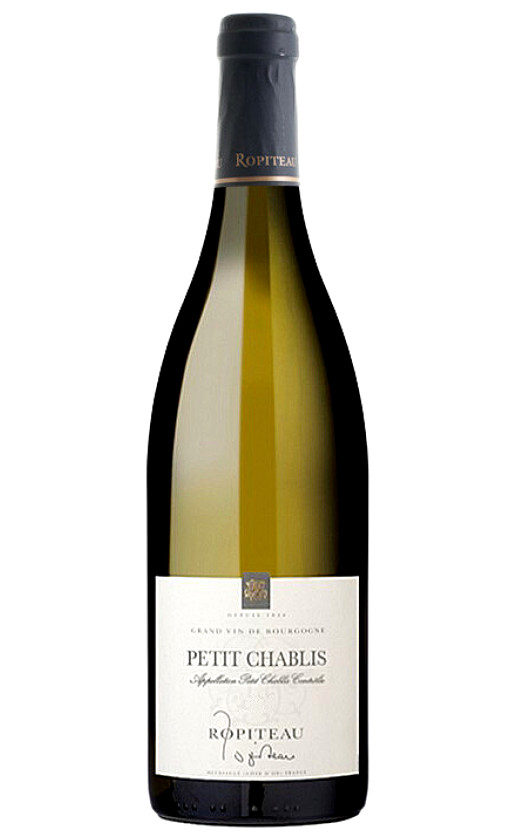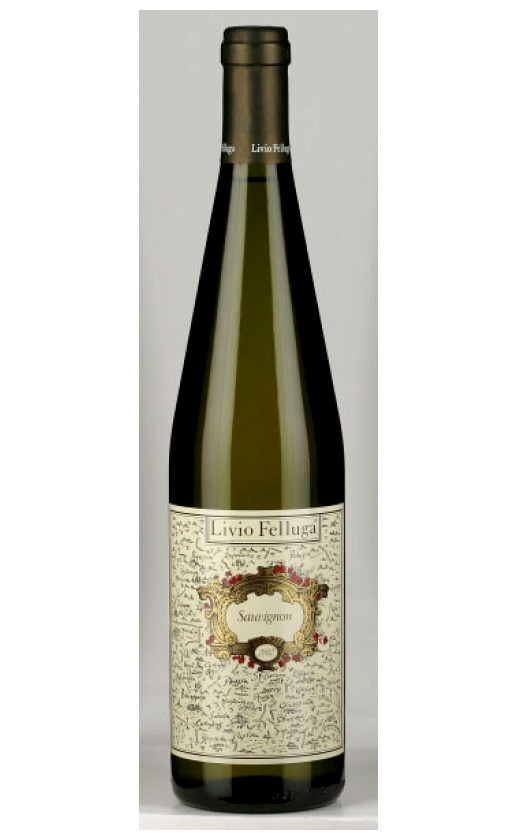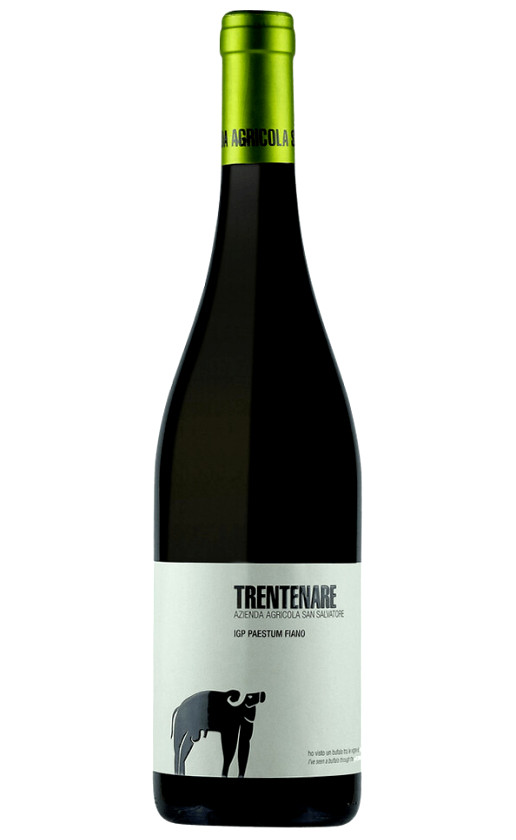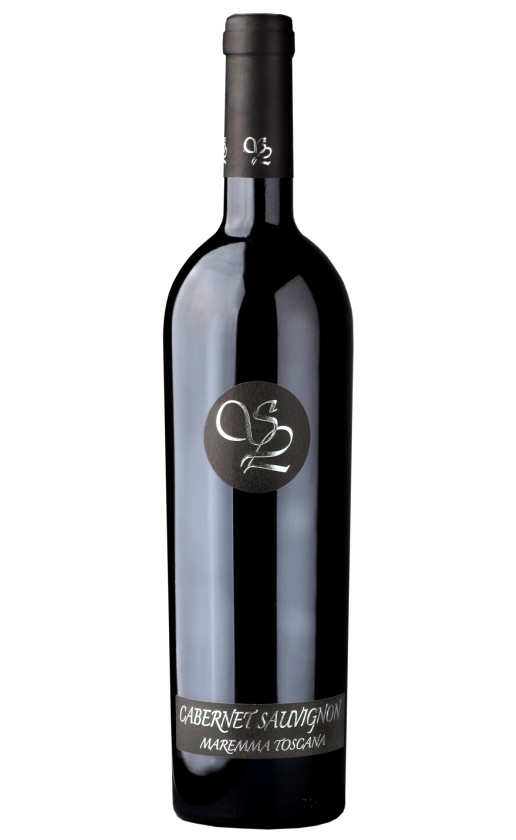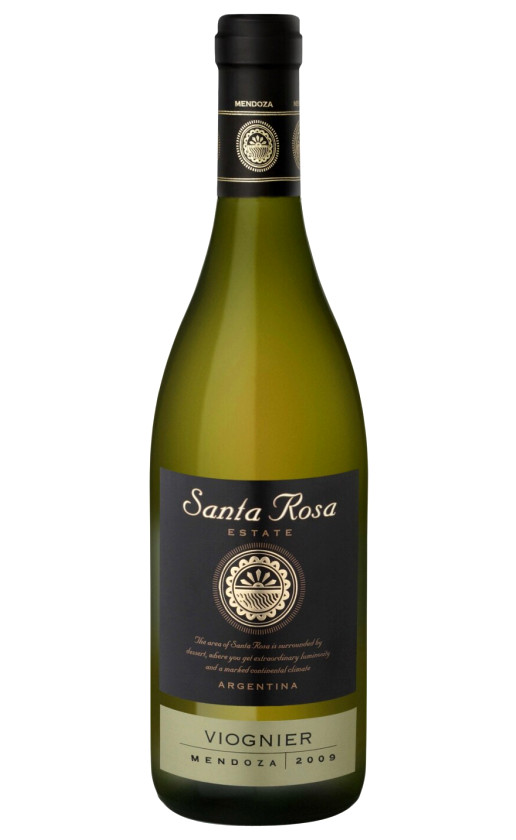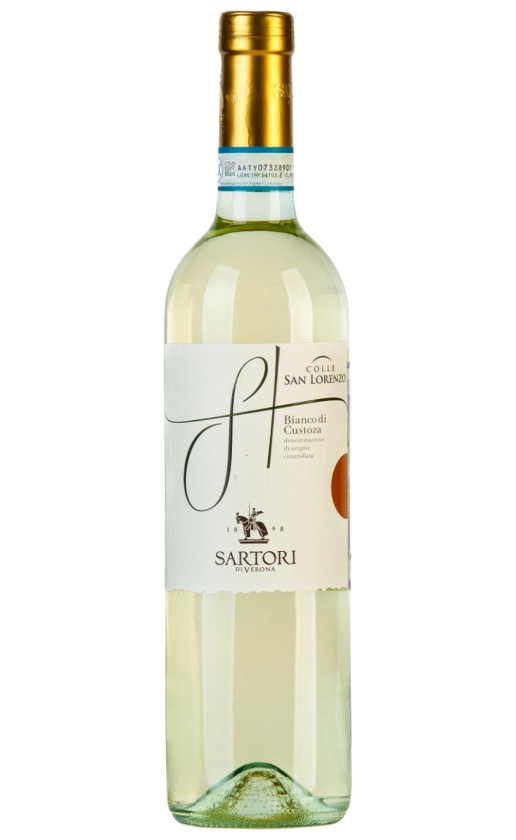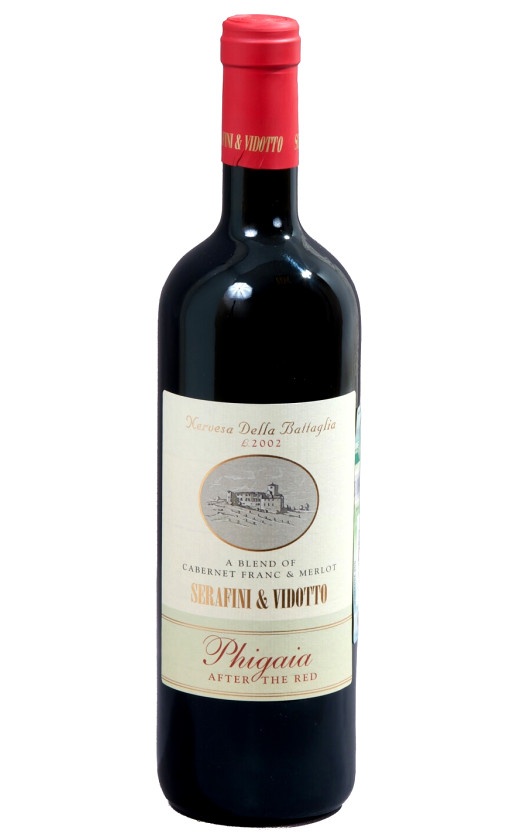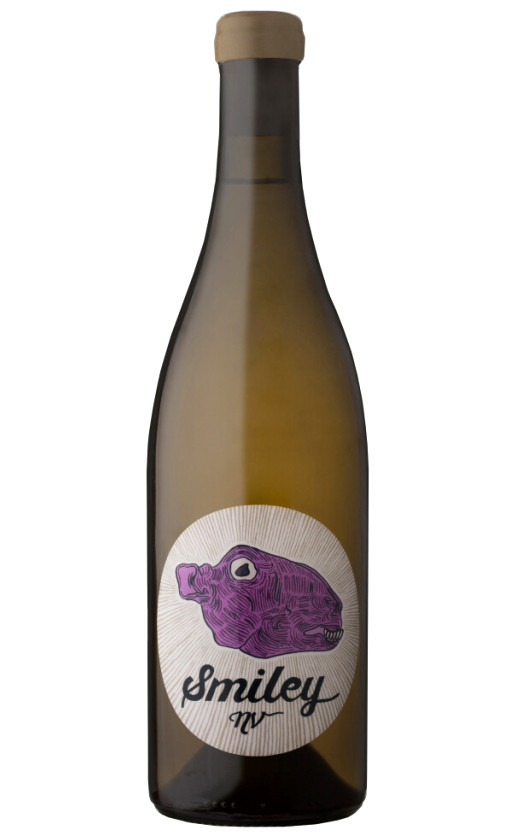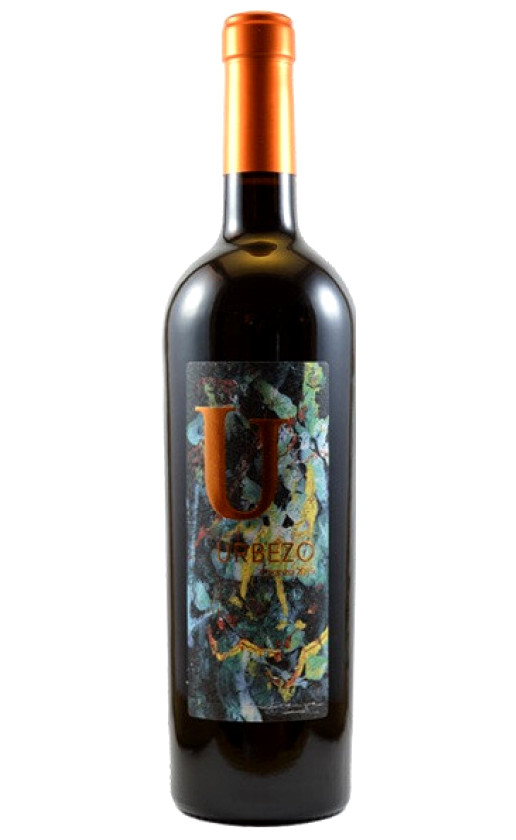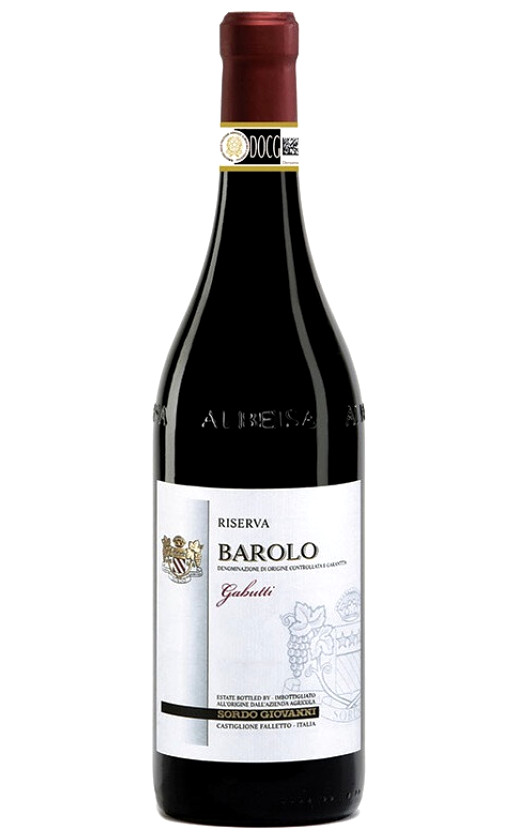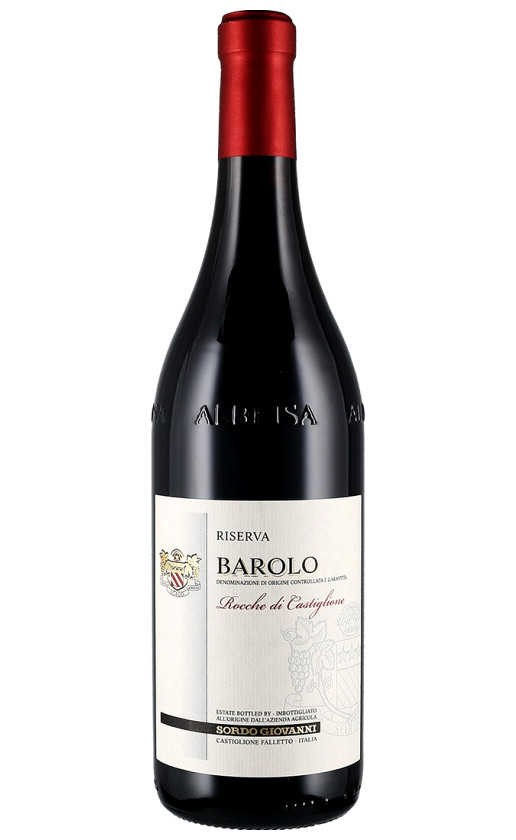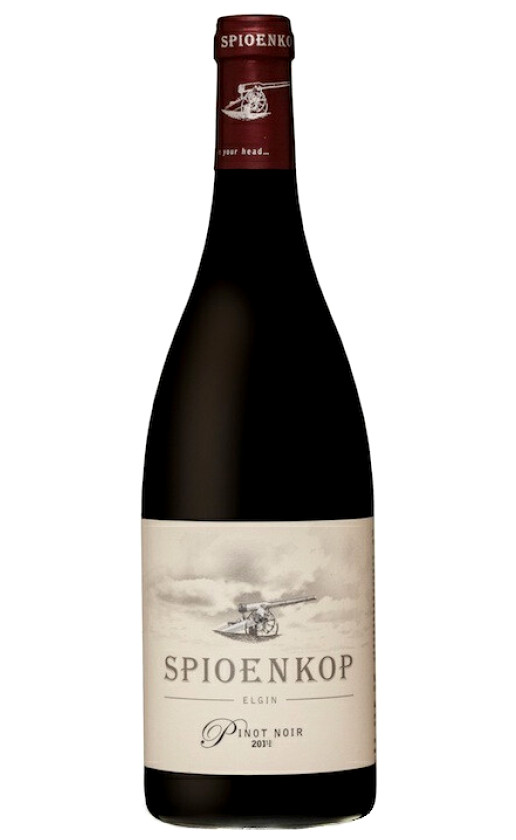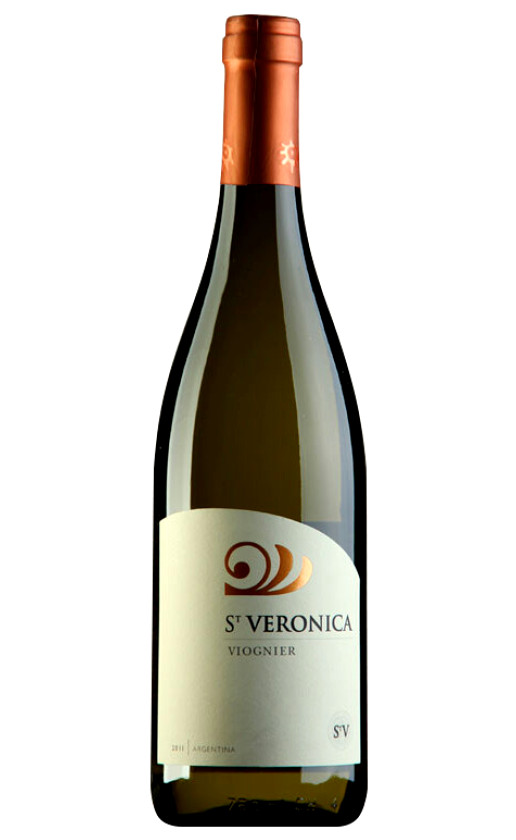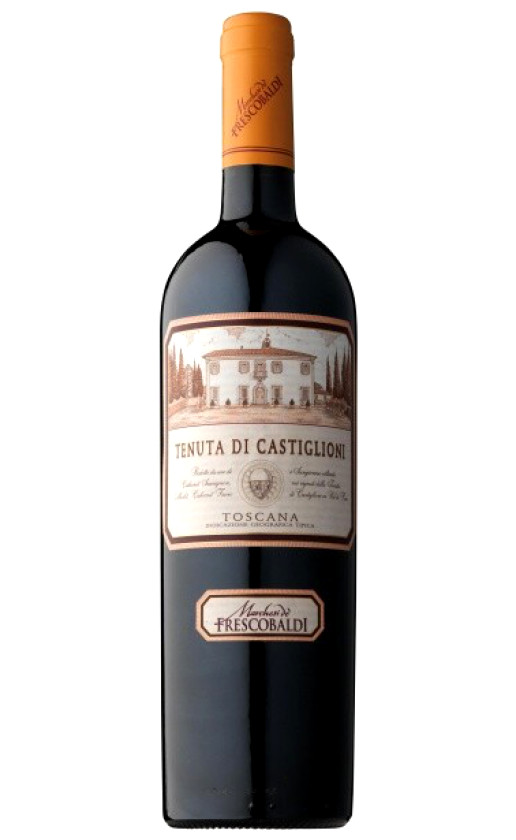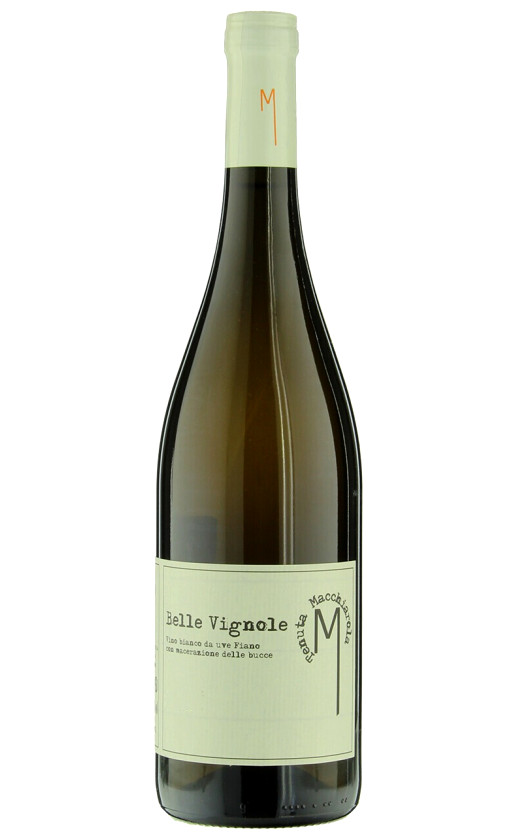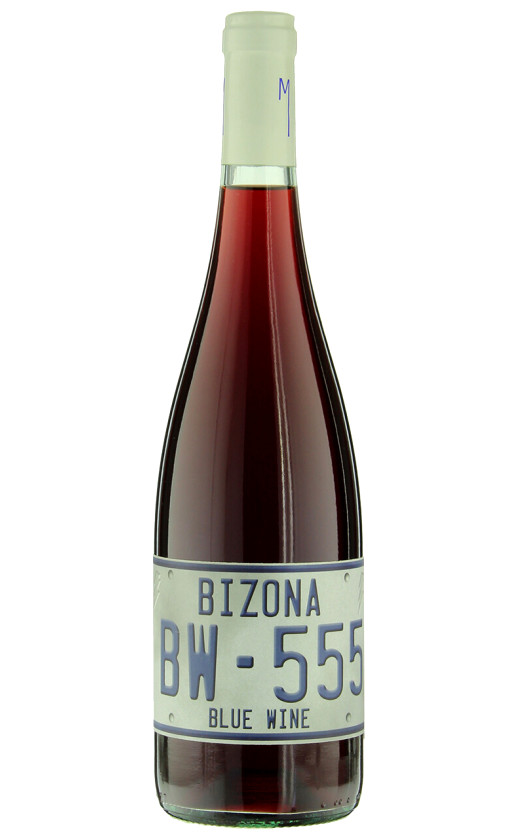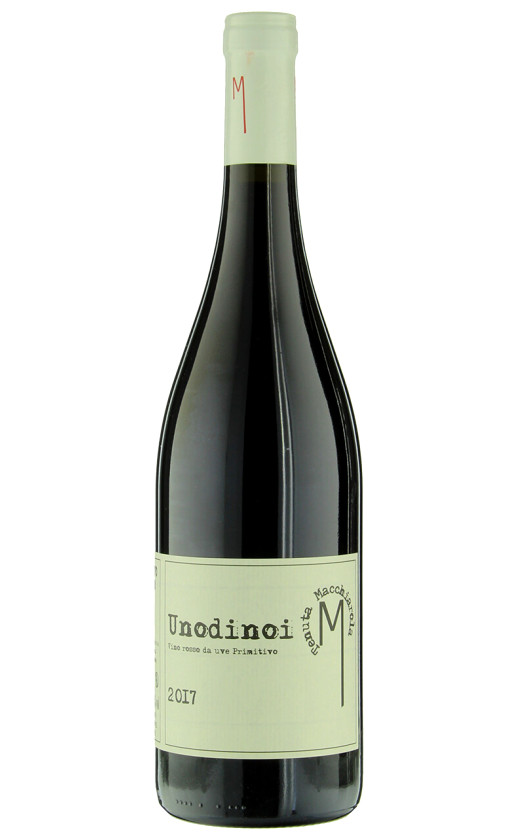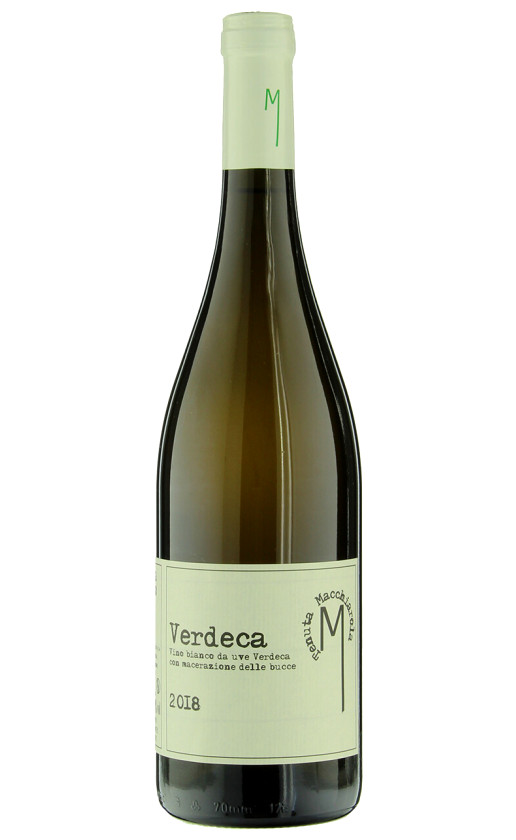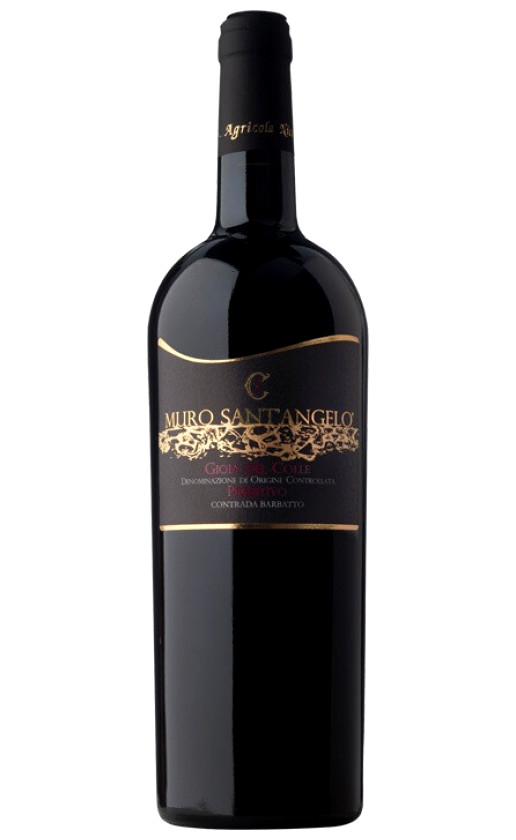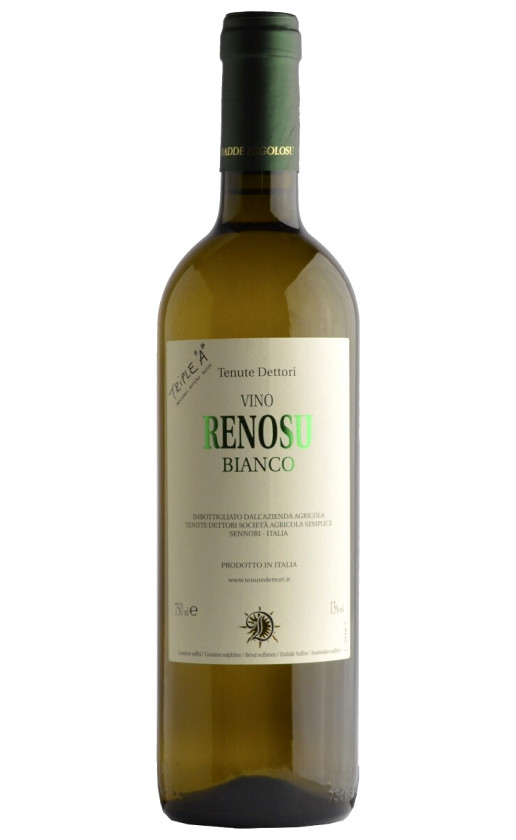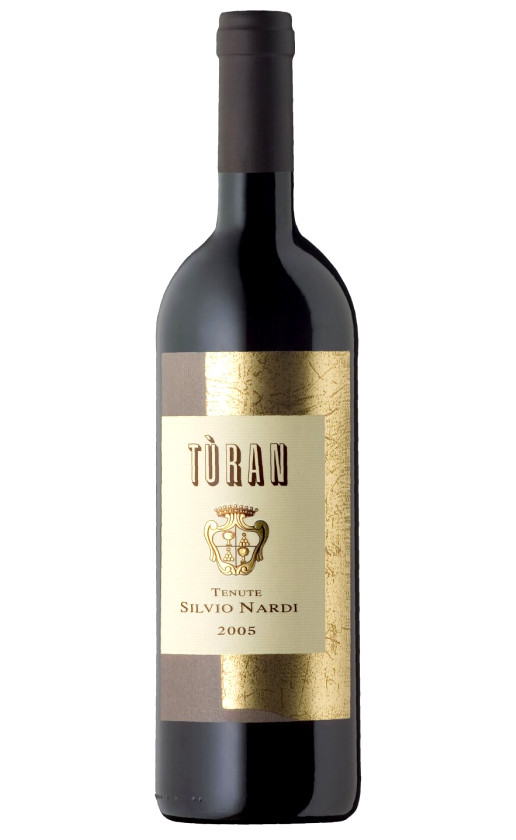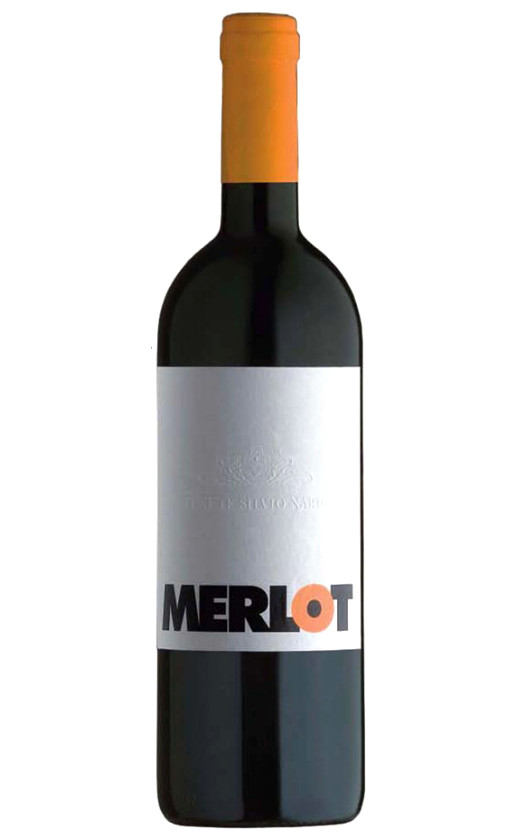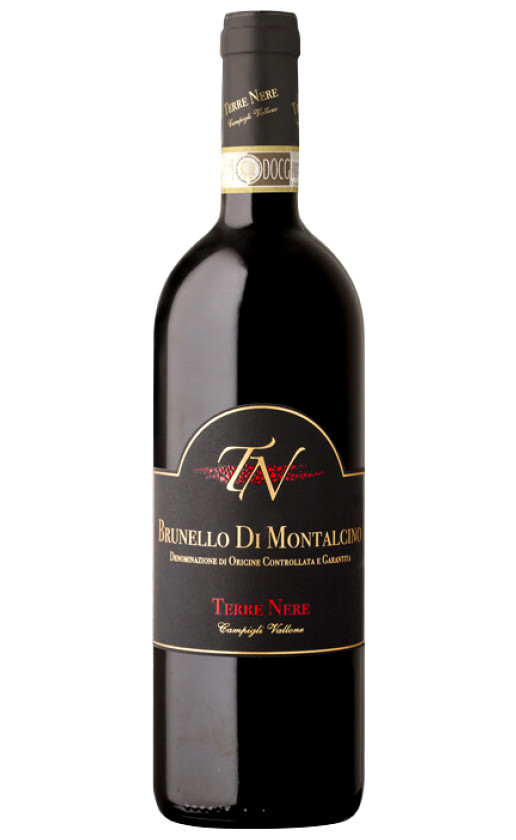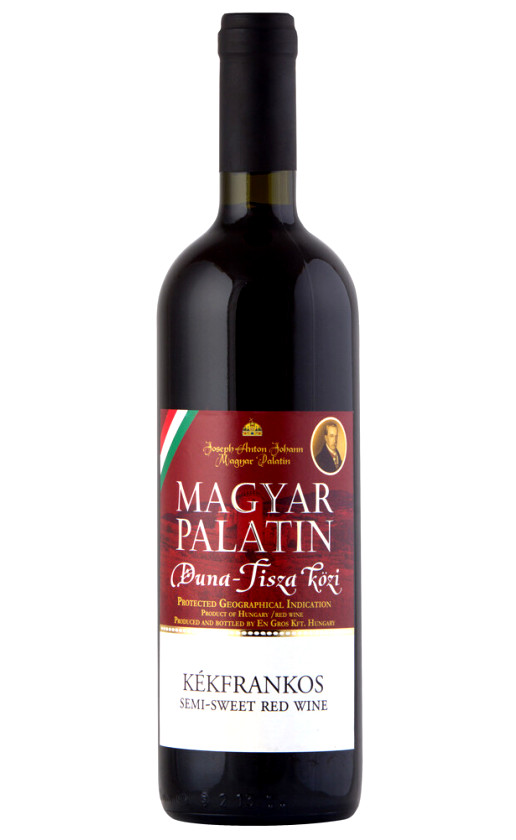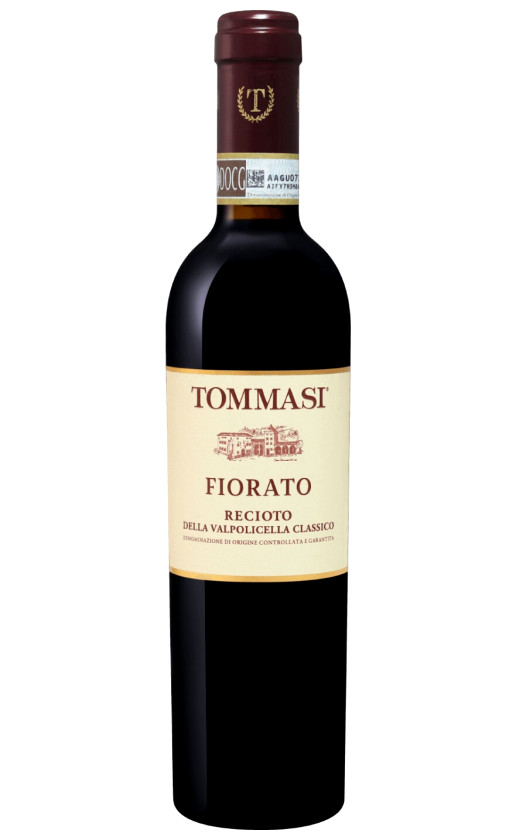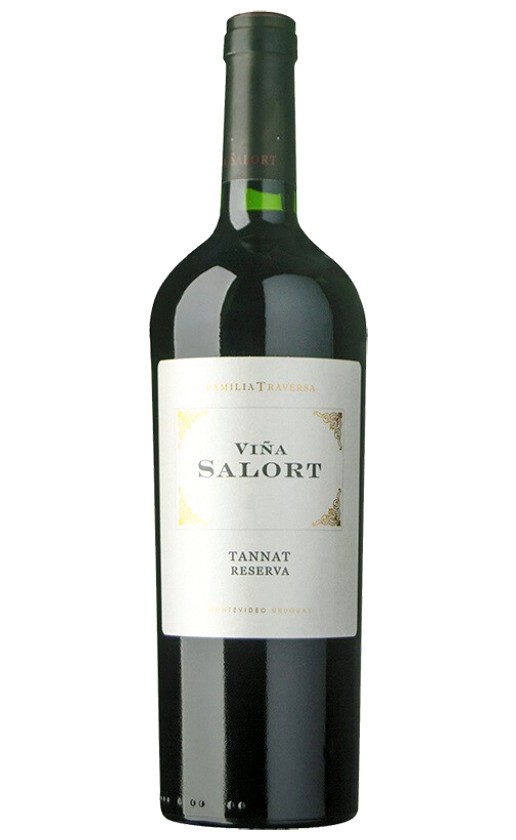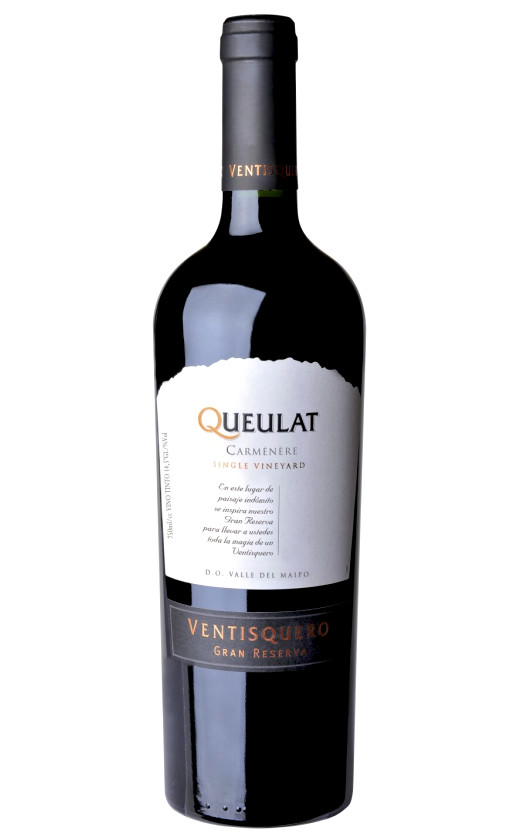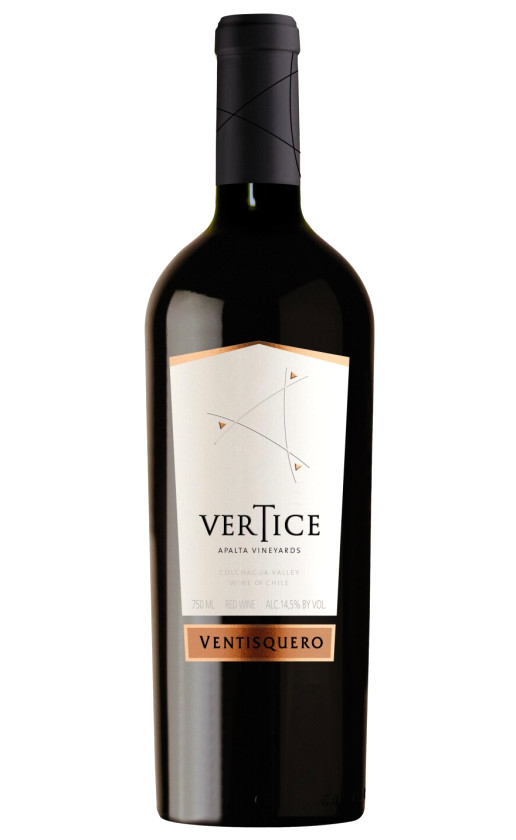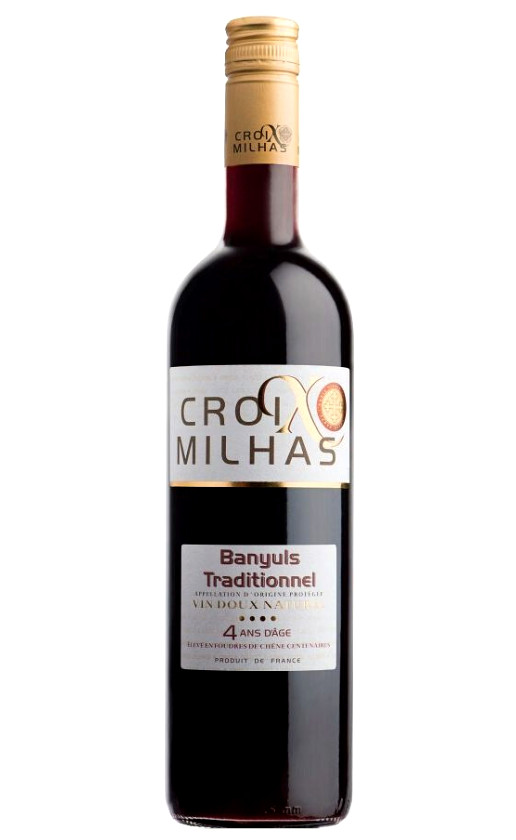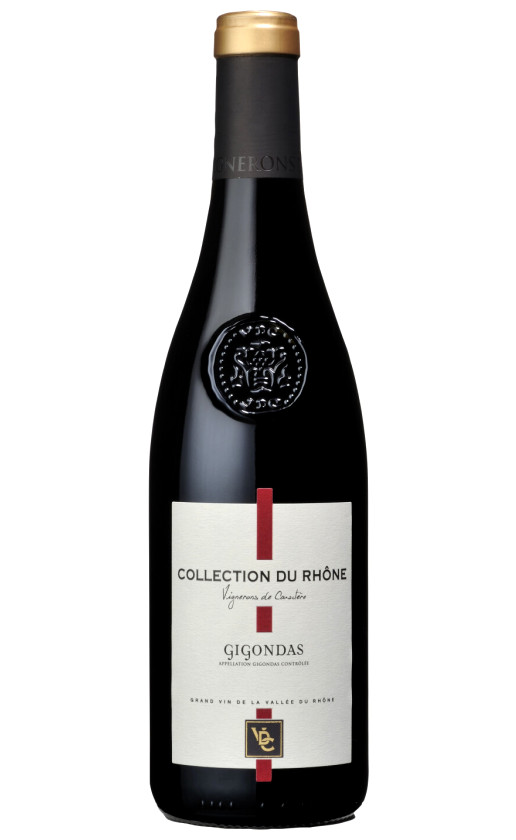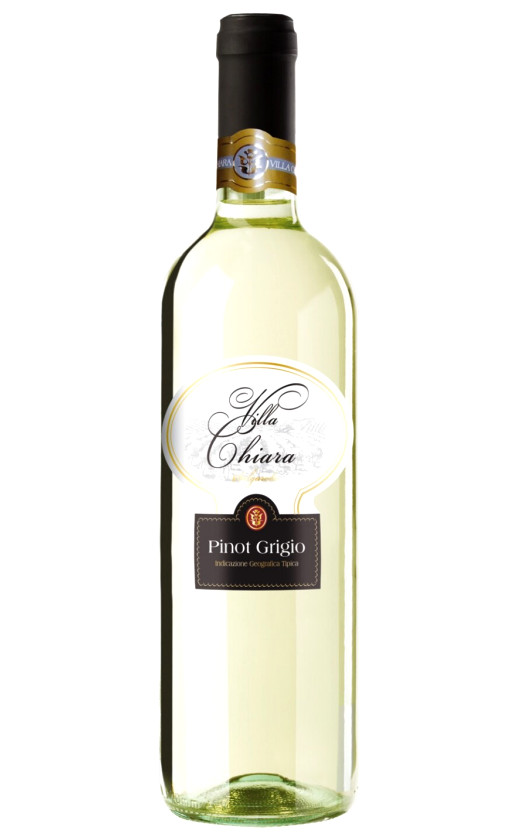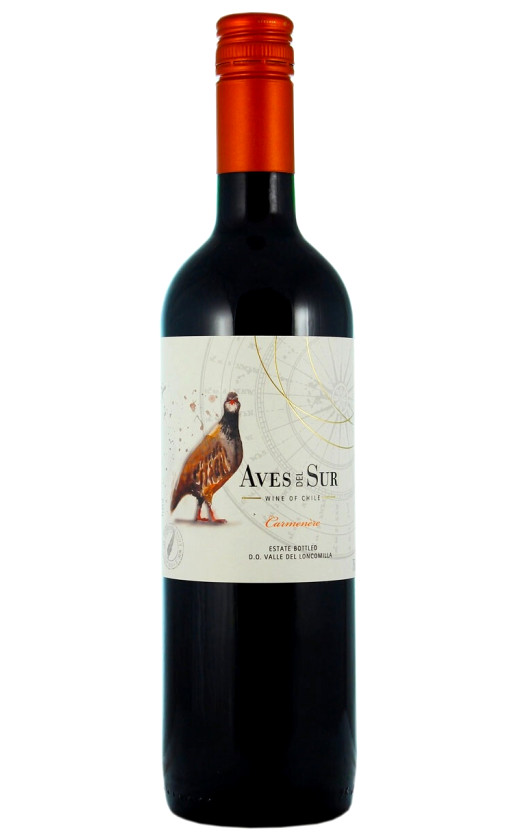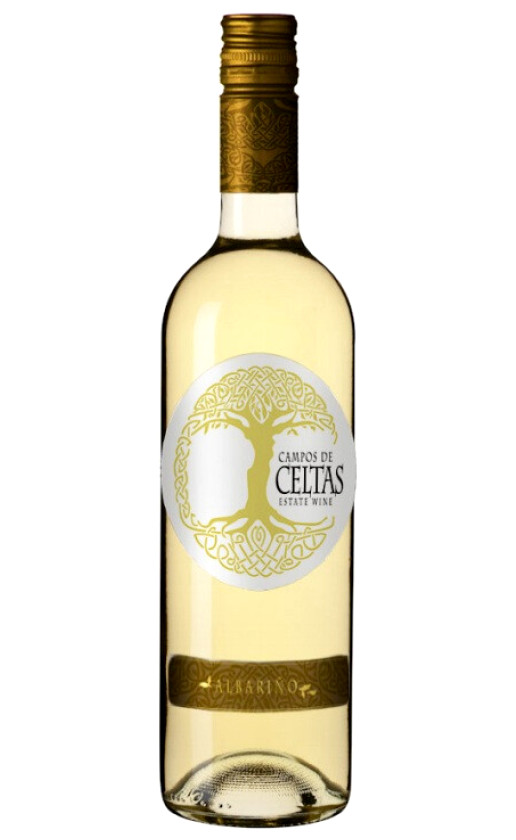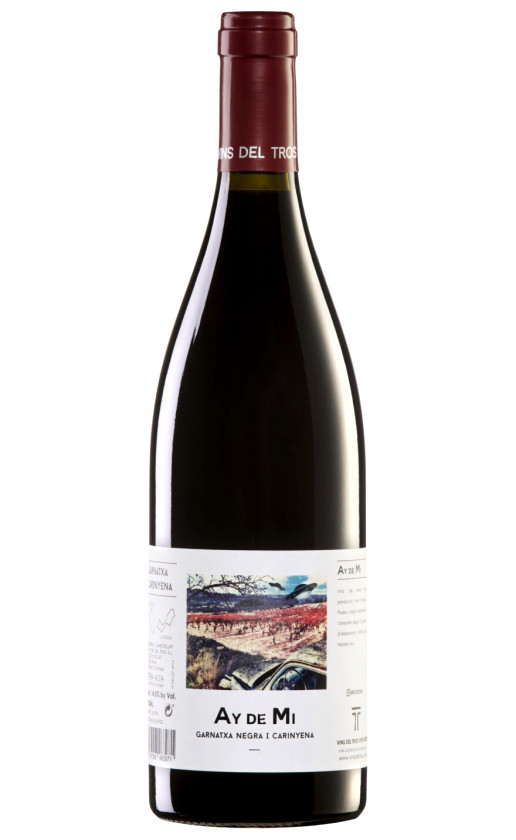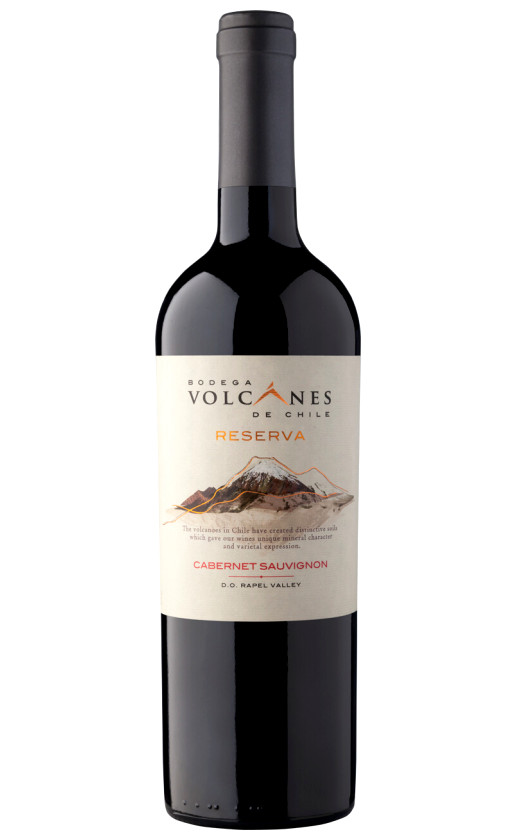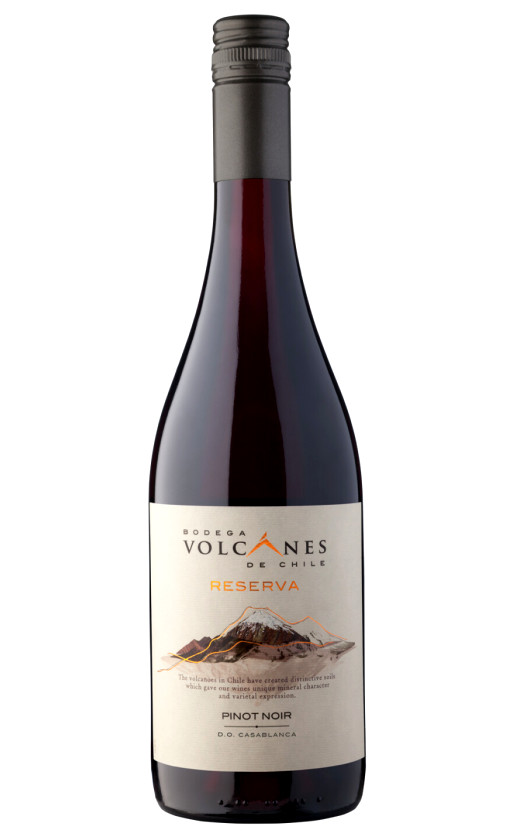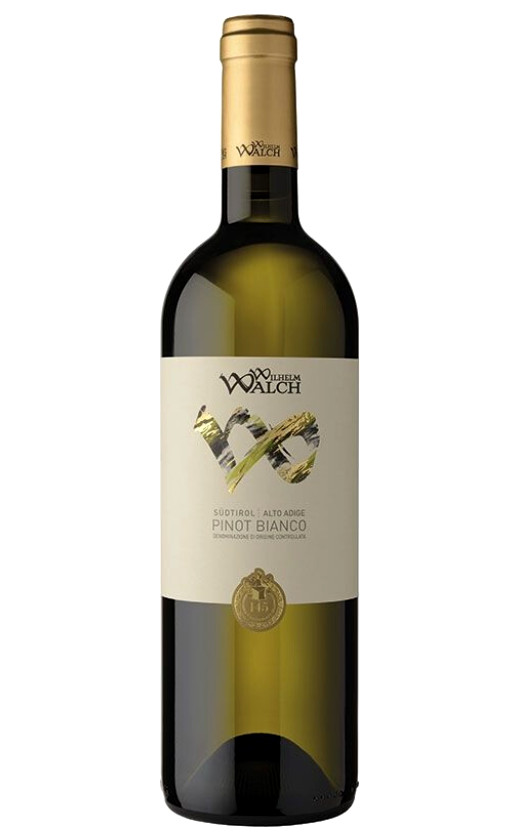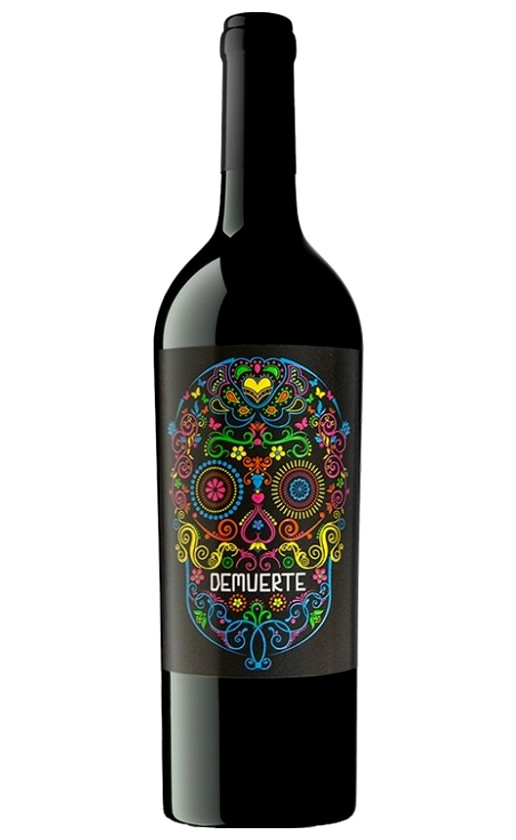Refine Search
Category
Wine
Discovering the World of Wine: Features and Prices of Popular Brands
Although the technology for making wine was first introduced by the Greeks, France, Italy, Spain, Australia, the United States, and Argentina are now the biggest producers of this elite beverage. Wine-growing countries are striving to develop their own unique style of wine, offering exclusive examples with luxurious bouquets of flavors. While a bottle of the most expensive Cabernet was sold at auction for $500,000, you can also find excellent vintage wine for 60-65 euros and even cheaper.What Determines Wine Quality?
With more than 7.5 million hectares of vineyards, wine plantations are second only to cereals in terms of agricultural production, with over half of the world's plantations located in Europe. The quality of elite wine is evaluated based on specific criteria formed with the development of viticulture, recognizing the best brands and producers. The following conditions are required to create wine that boasts a deep and rich flavor:- Region and peculiarities of grape cultivation
- Climate and weather conditions of each year
- Level of sugar content in berries
- Perfection of the technology used
Best Red Wines
The range of wines offered by foreign and domestic brands is vast and varied in price. Red wines are packed with vitamins and antioxidants, and they rejuvenate and revitalize the body with moderate consumption. Cabernet Sauvignon, which originated in France, is produced by brands from Australia, Italy, New Zealand, South and North America. This grape variety is known for its inimitable harmonious taste with light astringency and sourness. Cabernet Sauvignon is characterized by a long aging process, and a good wine will reveal shades of flowers and herbs with age, enchanting with the flavor of blueberries and currants. Cabernet Sauvignon wines can age up to eight years. Aside from Cabernet Sauvignon, gourmands who love and appreciate red grape drinks are also drawn to the following:- Bardolino, which is produced by the Italian brand and features a beautiful ruby color, fragrance with an almond trail;
- French Chateau Fonseche, whose strength does not exceed 10%;
- Russian Zinfandel, characterized by a full-bodied taste;
- Alaverdi from Georgia, which attracts with the flavor of spices and cherries.
